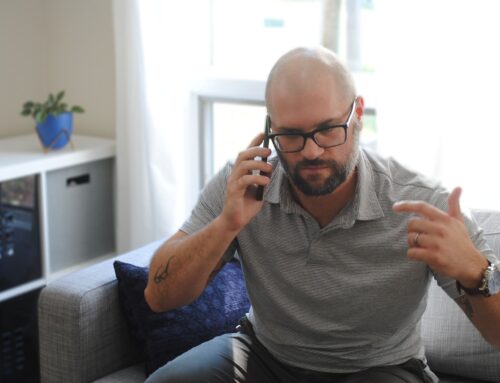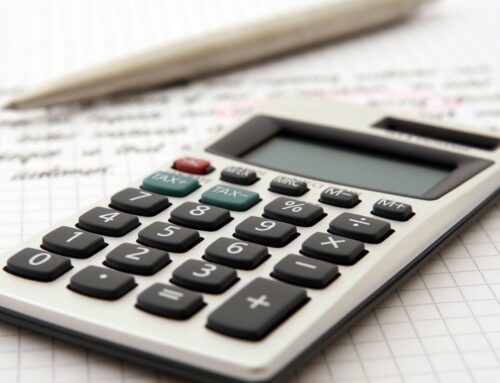It has been a rough couple of years, and many people are starting over after job loss, business closures or bankruptcy. Suppose you are an entrepreneur or small business owner taking this opportunity to open a new venture after bankruptcy. In that case, you may wonder if you can still qualify for a small business loan from the SBA.
The short answer is this – you can qualify for an SBA loan under certain circumstances. The Small Business Administration gives no specific guidance on how lenders should consider an applicant with a bankruptcy – other than to use their judgment.
How Long Do I Have to Wait to Apply for an SBA Loan?
Understand that SBA loans are not made directly by the Small Business Administration. Instead, the SBA provides a “guaranty” to lenders for a percentage of the loan amount. This guaranty functions as a type of mortgage insurance, giving lenders more flexibility in their eligibility requirements.
It is up to the lender’s discretion as to how to handle applicants with previous bankruptcies. Some lenders will consider a borrower two years after a discharge, others may require a 5-year waiting period – and some may decide not to entertain a loan applicant at all if they have a bankruptcy in their past. Therefore, business owners turned down by one lender may find success with another.
A Chapter 7 personal bankruptcy is generally easier to overcome than a Chapter 11 business bankruptcy. However, your potential lender will consider why the previous business failed – those who shut down due to COVID lockdowns, for example, may have an easier time explaining and overcoming their situation.
What About Credit Scores?
Officially, no minimum credit score is stipulated to qualify for most SBA loans. However, individual lenders may impose their own limits, typically requiring a credit score between 620 and 680. If an applicant’s score is lower than 620, they will need to find a lender that does not have a minimum credit score requirement and is willing to consider each unique situation.
Keep in mind that lenders are not in the business of writing bad loans. Therefore, it will be necessary for applicants to present their situation persuasively – clearly explaining what happened to cause the bankruptcy, what has changed since then, and why they are now a better risk.
Note: This post is not intended to present all SBA loan products’ full criteria or qualifications. For more information on specific qualifications, visit the SBA website or call a qualified lender.
Does a Past Bankruptcy Affect Your Interest Rate?
Interest rates are typically offered based upon the entirety of an applicant’s situation. There are a few basic guidelines, however. You will generally get a better interest rate if your bankruptcy is several years old. If your financial situation has changed tangibly for the better, your rate will be better as well.
The fact is that all SBA loans offer reasonable terms, and even if you only qualify for their “worst” rate, you can prepay the loan without penalty or refinance after 3 years of on-time payments.
Conclusion
To successfully qualify for an SBA loan after a bankruptcy, applicants will need to provide a detailed and persuasive explanation of the circumstances of the previous filing. Those whose bankruptcy filing was caused by an event out of their control – COVID 19 restrictions, for example – are more likely to see their new loan approved.
If you need to file bankruptcy, it is recommended that you work with an experienced bankruptcy attorney who can help you navigate the complexities of the process for the best possible outcome.
Richard V. Ellis is a trusted bankruptcy and family law attorney based in Sarasota. Florida.





